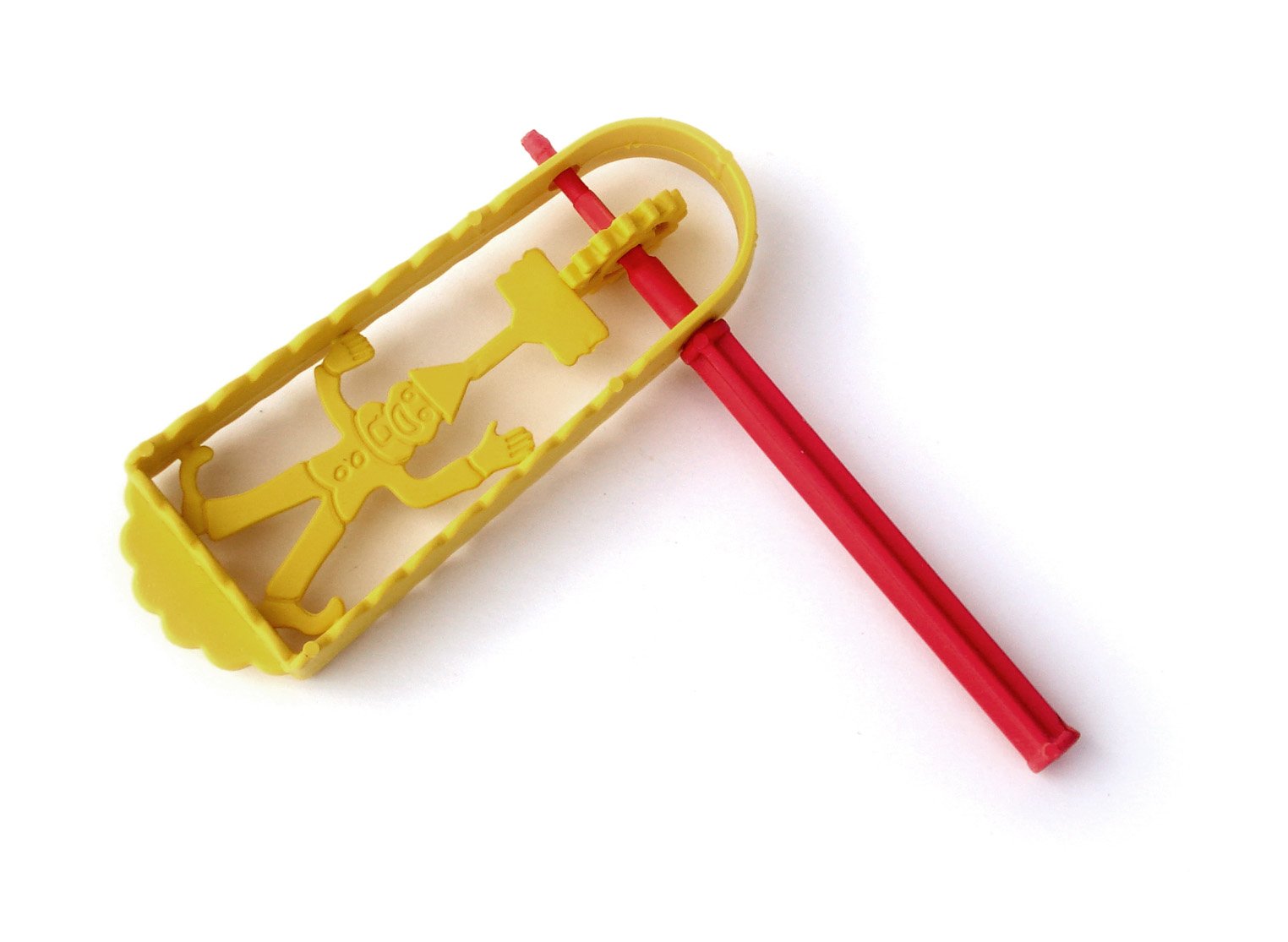
I remember an encounter with a missionary who tried to share the gospel with me. It was 1972, and I was a student at the University of Texas in Austin. One of my friends turned out to be an evangelical Christian. I discovered this when he told me, “there is no forgiveness of sin without the shedding of blood, and since there is no longer a Temple to offer sacrifices I would need to accept Jesus to be saved.”
I grew up in a traditional kosher Jewish home and attended a modern orthodox synagogue in Fleetwood NY. I enjoyed attending Hebrew school, Jewish day school, and Shabbat services.
Despite my positive Jewish upbringing, I didn’t know much about sacrifices or the Temple service. My friend’s comment was a catalyst to delve more deeply into this topic.
What I discovered even surprised my friend. Nowhere in the Jewish bible does it say, “there is no forgiveness of sin without the shedding of blood.” Although missionaries like to refer to Leviticus 17:11, if they read it carefully they would discover that it is speaking about the prohibition of eating blood because, as the life force of animals and mankind, blood could only be used as a part of the sacrificial system.
Leviticus 17:11 does not state that blood sacrifices are the ONLY way to make atonement. For example, atonement could also be accomplished by giving money (Exodus 30:16), or through incense (Numbers 16:47).
When I tracked down the original source for my friend’s statement, I discovered it was from the New Testament. There was also a surprising difference in what it said there, and the way it was being misquoted. The verse in Hebrews 8:22 states, “According to the law, one could ALMOST say, all things are cleansed with blood, and without the shedding of blood there is no forgiveness.” Why the caveat of “ALMOST”?
The answer is clear. In addition to other methods of atonement, the sin offering was not brought for all sins. It was offered only for certain sins done unintentionally (Leviticus 4:1-2 and even Hebrews 8:7). This invalidated the first part of the missionary argument.
Secondly, although sacrifices could not be offered without a Temple (Deuteronomy 12:13-14) the Jewish Bible is replete with passages that state that remorse, confession, and repentance were always the main ingredients for achieving forgiveness, and these remain in place eternally.
Furthermore, numerous passages state that prayer takes the place sacrifices as the means to motivate a person to repentance (Hosea 12:2 and 1 Kings 8:44-52).
The story of Purim, as recorded in the book of Esther, also disproves the missionary’s argument. The events of Purim took place after the destruction of the Temple, and the Jews had no way to offer sacrifices. The bible testifies that despite this they obtained salvation through, “great mourning…fasting, weeping and wailing” (Esther 4:3).
Another book in the Bible provides an additional powerful rebuttal to the missionary argument. In the book of Jonah an entire city of non-Jews was forgiven for their sins, after they, “repented from their wicked ways” (Jonah 3:10). No sacrifices were brought. In fact, non-Jews were never required to bring sacrifices as a means of atonement, and Jesus replacing sacrifices would be pointless.
Purim is a time of great rejoicing and celebration of God’s salvation of the Jewish people. We should also rejoice because our relationship with God cannot be severed (Leviticus 26:44), and we always have a way to return to him, as is says, “return to Me, and I will return to you” (Malachi 3:7).
Happy Purim and Shabbat Shalom.
Rabbi Bentzion Kravitz